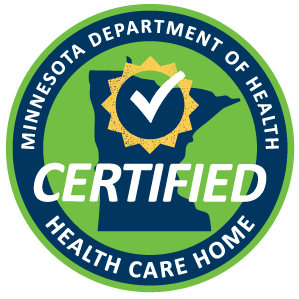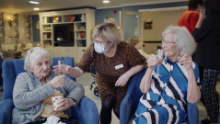What are the forms of treatment given in care homes?

Finding a Care Home Solihull is more complicated than picking the one nearest to your home. Before you schedule a visit, you can check their ratings and care regulator ranking, as well as the types of care they provide. Each care home’s page on the carehome.co.uk website specifies the types of care it provides. Here’s a short rundown of what they all say.
Residential Care

Residential care is where a person stays in a care facility rather than providing care at home. Kids, adults with illnesses or disabilities, and the elderly may all be affected. A children’s home, a nursing home, a retirement complex, a hospice, an assisted living facility, a rehabilitation center, or a psychiatric hospital may be the setting for this.
Residents in care homes normally have their own space, while couples can share a room. These frequently have en-suite toilets, and if they don’t, there will be shared bathrooms with assistive features, including handles and shower seats. Dining rooms, lounges, and gardens are popular areas in care homes. Other facilities include activities rooms, libraries, beauty salons, cinemas, and even their bar.
There are options for extra care accommodation for older people who want more freedom in a caring environment while still participating in a community. People who live in retirement communities or retirement villages can purchase their property rather than paying monthly fees. A warden manages the properties, organizes events, maintains the properties, and is on hand in an emergency in these villages and complexes. These buildings typically have communal lounges and gardens, and entry requires a passcode or key. Unauthorized persons are not allowed to join gated retirement communities, ensuring maximum security and peace of mind. Adults with physical or intellectual disabilities have access to a similar scheme.
Personal Care
Eating and drinking, washing and dressing, assistance in going to the bathroom, and handling continence pads are all examples of important everyday activities. Personal care staff is taught to treat patients with dignity and acknowledge that requiring personal care will cause embarrassment. One of, if not the most common, forms of treatment required is personal care. It’s something that caregivers do daily, and it’s nothing to be ashamed of.
Care for Dementia
Parkinson’s disease, Pick’s disease, Alzheimer’s disease, frontotemporal dementia, and vascular dementia are all disorders that include dementia treatment. Dementia-specific care homes are often built to help provide a dementia-specific atmosphere. This could include personalized lighting and color schemes, as well as better signage and decreased trip hazards. Staff may receive dementia-specific training. People with serious dementia, who may no longer be able to talk, move, or remember their loved ones, may live in special care homes.
Nursing Care
Nursing care is medical care provided by a licensed nurse. Taking blood pressure or blood, administering injections, administering certain drugs, and treating bad skin conditions are all tasks that involve a registered nurse. People who need nursing care often have one or more conditions for which they cannot handle treatment on their own. Many conditions necessitate medications that must be provided daily, so a nursing home is a safe choice for those with these requirements.
